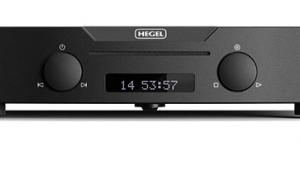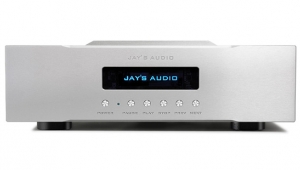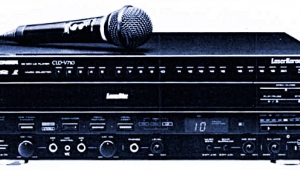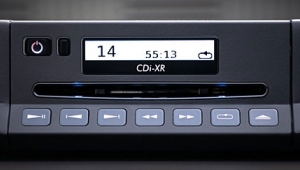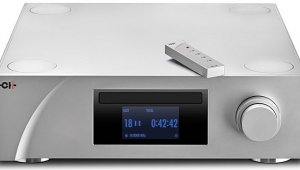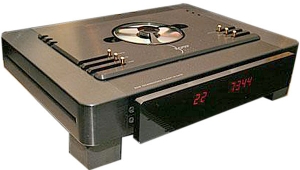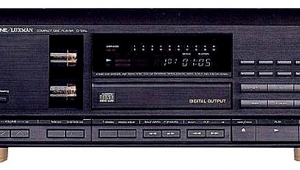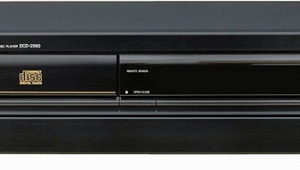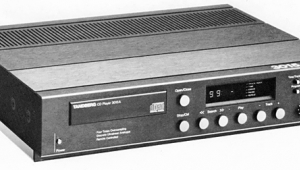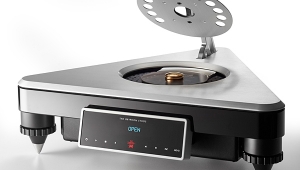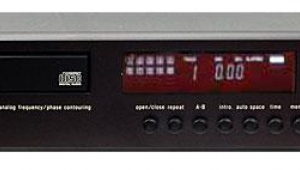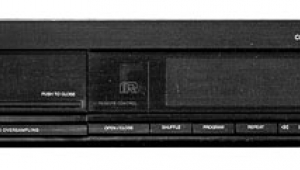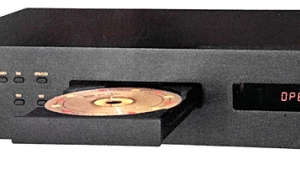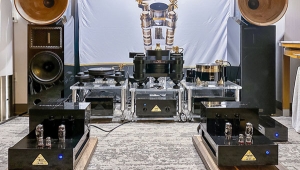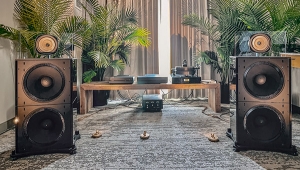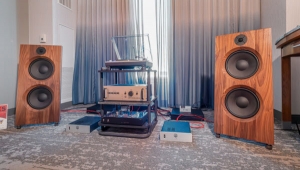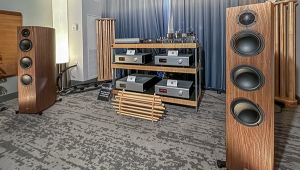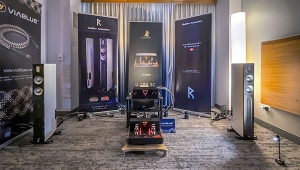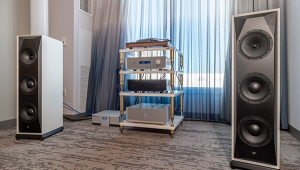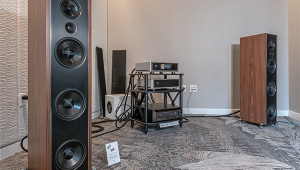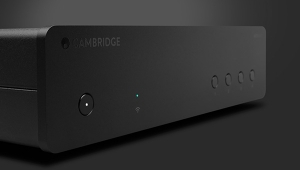| Columns Retired Columns & Blogs |
Sony CDP-101 Compact Disc Player JGH Responds part 3
Using the Acoustat 2+2s (driven by the C-J Premier One), I have found this adjustment to mean a depression of the tweeter level by about 2dB at 10kHz. Having carried out this adjustment, it then begins to become possible to judge the quality of the CD high end, not merely its quantity. Under these circumstances CD shows its potential. Of course with this system balance, analog material sounds slightly dull and veiled (as well as still suffering all the other ills of analog), which is what the people who design this stuff have been trying to tell us all along: analog has been obscuring much of the Sonic garbage originating ahead of our home sound reproduction systems.
I am not yet prepared to declare that the Compact Disc system is perfect, nor even that the Sony 101 is the best-sounding player. Sony's '701 sounded slightly sweeter at the high end, and some who have tried the Philips/Magnavox claim it to be the best of the bunch.
But what I will aver is that, at its best, there is so little the matter with the sound from even the Sony that anyone who appreciates good sound should think twice before passing up the opportunity of hearing what the CD medium can do. And what it can do must be heard to be believed!
I do not, however, expect to see CD replace the LP for a long time, and I won't hazard a guess as to how long, because there is no way a laserdisc player can ever be made to sell as cheaply as a cheap phono unit. If the LP is superseded in the mass market, I think it more likely that it will be killed by the audio cassette, not by the CD. But it is my personal opinion (and not necessarily the magazine's) that the CD will wipe out the LP in less than five years as the preferred medium for audio perfectionists. And before that time, most of the program material which set sound-quality standards during the previous five years will be available on CD.
We are already reviewing CDs in Stereophile, and will be reviewing lots more in the future. If you own a player, the reviews will mean a lot more to you, because you will hear what we report about the sound of those recordings. And because it is necessary for us take seriously a record manufacturer who tells us, in effect, what his original tapes sound like, we are going to be relying heavily (although not exclusively as yet) on good CDs as a reference source for judging other reproducing-system components.
A Compact Disc player, with suitable software, can provide a good enough signal source to satisfy the musical needs of most people who are more into music listening than component tweaking. Stereophile's "holy grail" is the ultimate music-lover's system, and we see as part of that system the ultimate freedom from fiddle-diddling and record-playing ritual. The CD has freed us from that, while at the same time providing the potential for more accurate sound than any amount of tweaking can elicit from an analog-disc player.
And as long as the sound from CDs continues to improve whenever acknowledged improvements are made at the recording end, it would seem that its potential now rests with the people who make the recordings. So we won't really know of what CD is capable until companies like Reference Recordings and Proprius start releasing on the new medium.
Without your own CD player, you will not be able to understand why I feel this way about CD, and will only be able to wonder where I'm coming from. And consider: with your own input-signal reference source, you won't have to rely on Stereophile (or any other magazine) to find the ideal combination of cartridge, arm and preamp. A comparison of the best CDs and their equivalent analog discs, as an evaluative tool for comparing analog equipment, is very revealing. Of course, you can't expect analog discs to sound exactly like their CD equivalents, regardless of how good your phono front end is. Analog-disc sound is usually "touched up" in order to make it sound better, on God-knows-what reproducing system. Not to mention the different sounds of different disc-mastering processes, "mothers," stampers, and vinyl. Digital transfers to CD are usually done straight from the master tape. Most trustworthy for this kind of comparison are the analog discs from perfectionist record companies.)
Like it or not, the CD is the prerecorded sound medium of the future. Buying a good CD player now won't solve all your sound-reproduction problems the best CD sound is yet to come, and we still have the loudspeaker/amplifier interface to resolve before nirvana is at hand. But it will give you a head start towards what we've all been looking for all these years: truly musical, fuss-free sound reproduction in the home. And if that is not cause for rejoicing, what is?—J. Gordon Holt
- Log in or register to post comments
